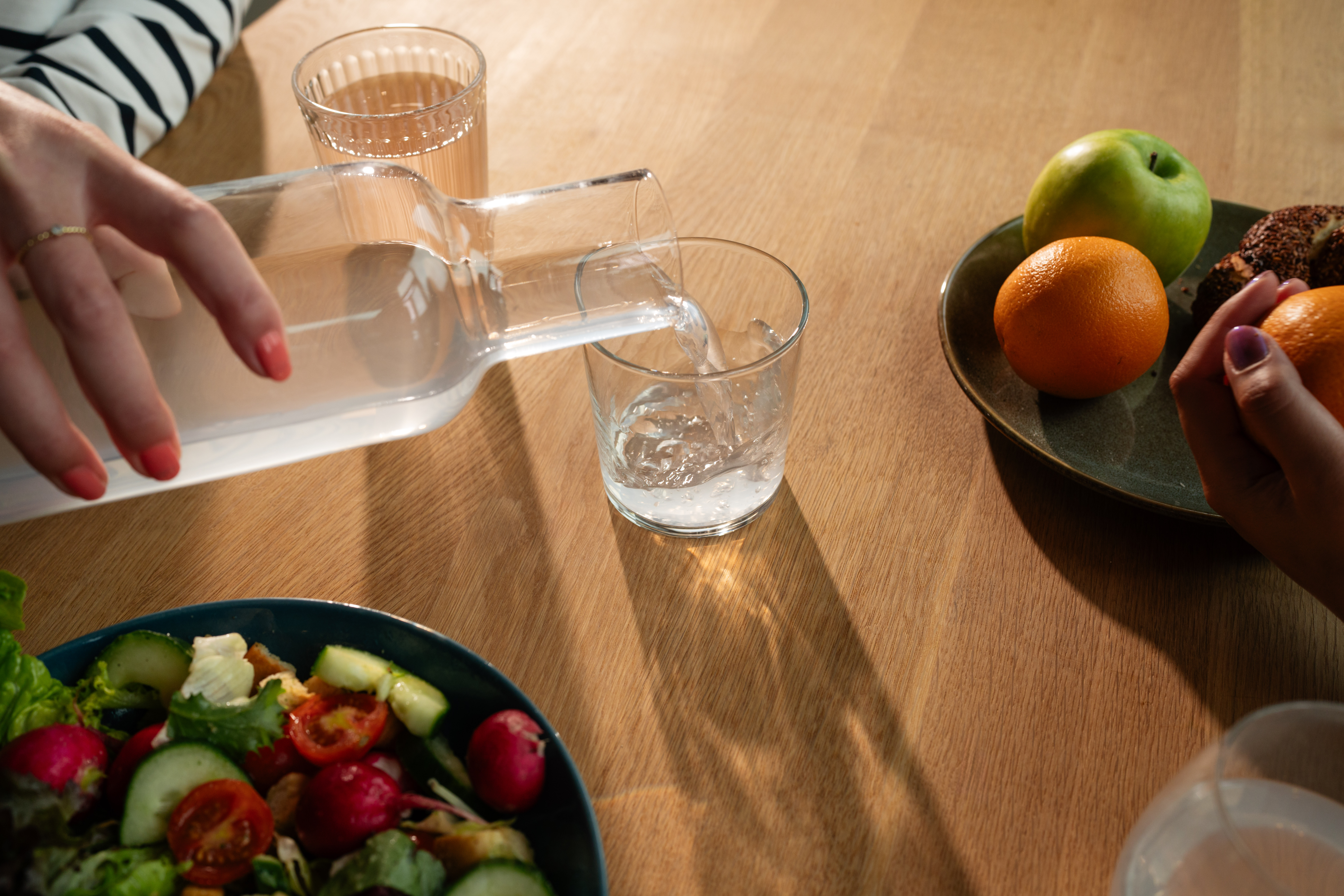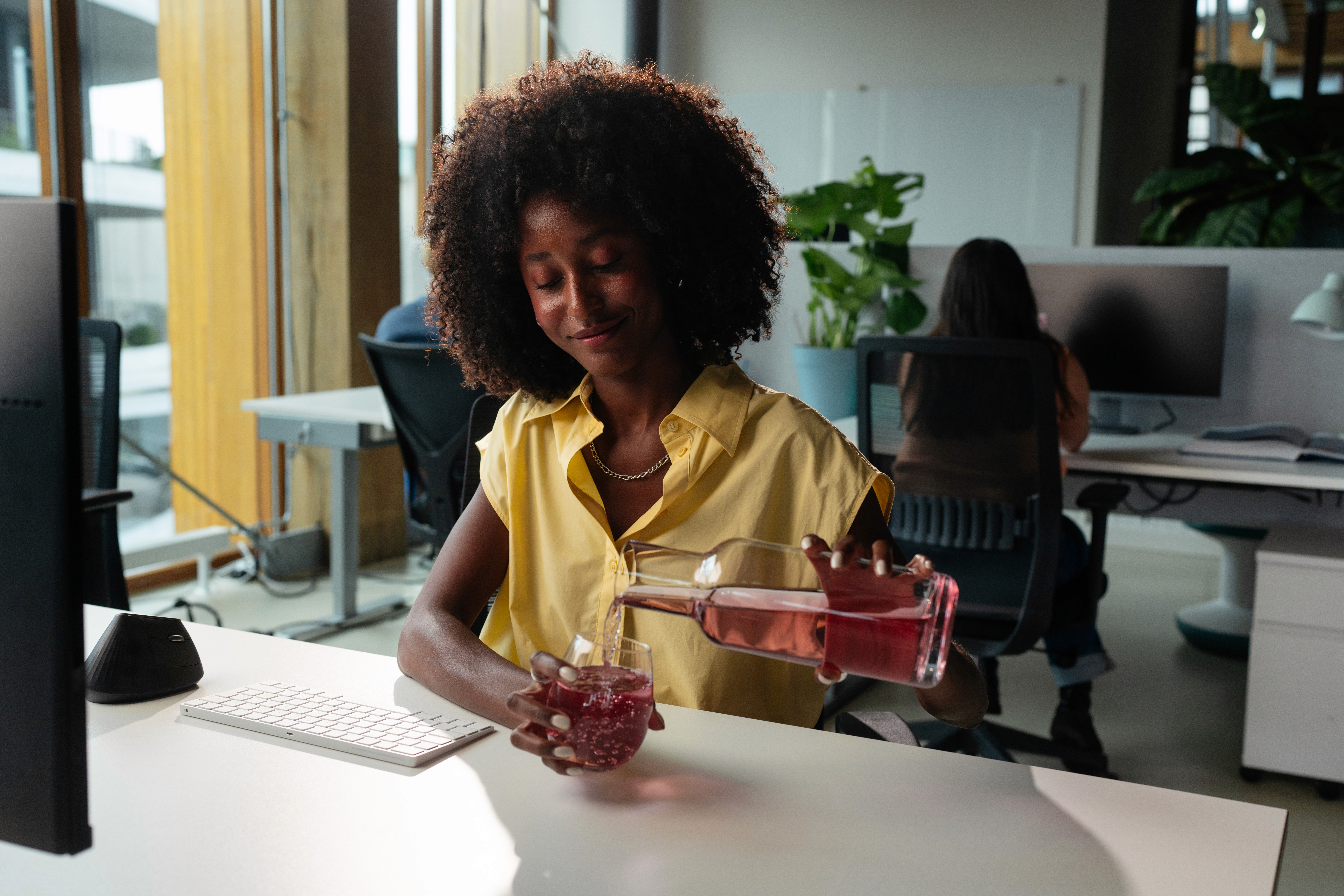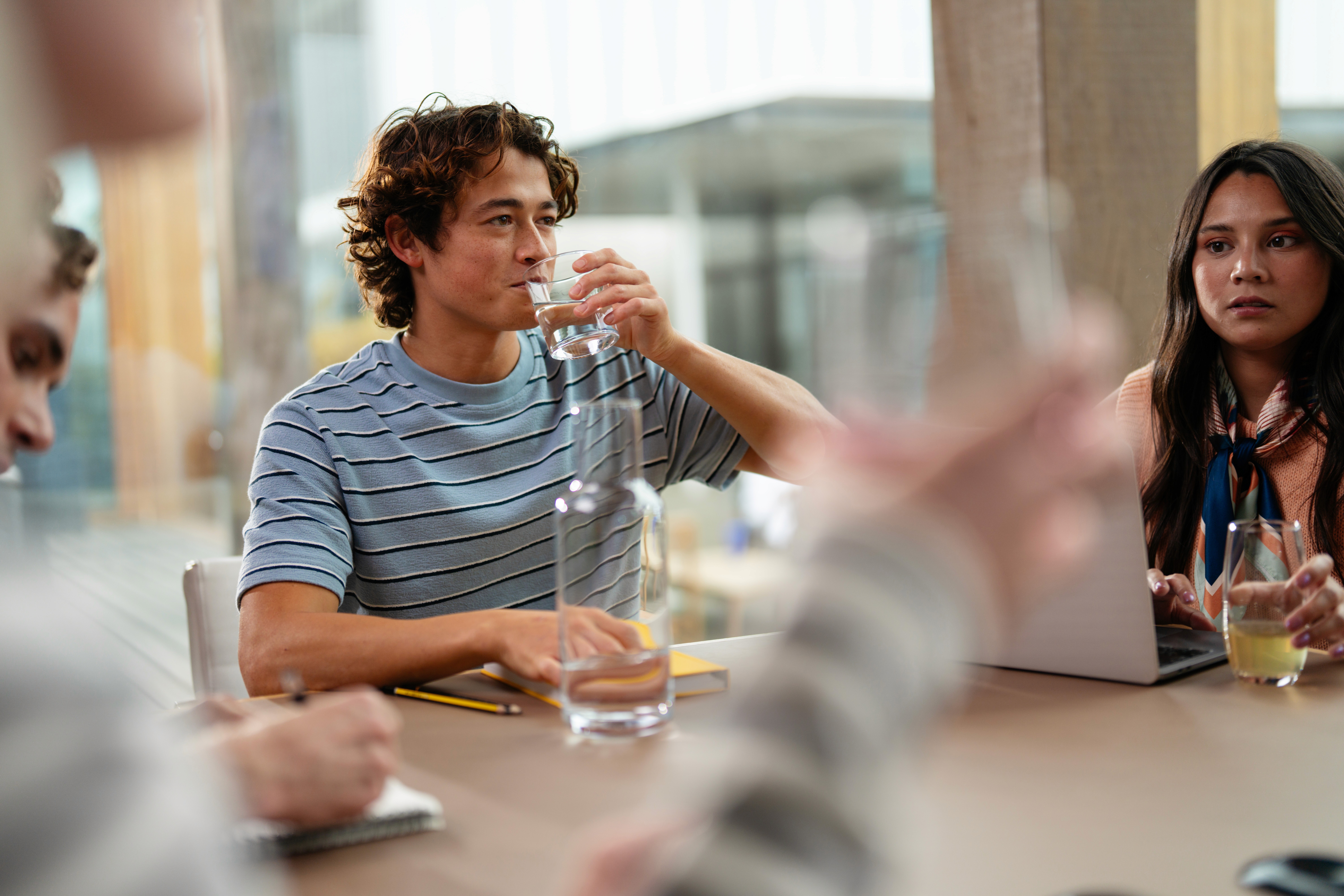Your tap water contains residues of pharmaceutical drugs. This is not speculation, but a fact. Through wastewater, all kinds of drug residues end up in the surface water. And water companies get their supply from this surface water. As a consequence, these substances find their way to your water pipes and kitchen tap. This means that a refreshing glass of water from your tap contains much more than just pure mineral water. Not a pleasant thought, is it?
DRUG RESIDUES IN YOUR DRINKING WATER
In the Netherlands, at least 190 tons of drug residues enter the surface water each year. And this number will only increase: people are using more and more pharmaceutical drugs, partly because they are getting older and older.
Surface water contains all kinds of drug residues, and these can easily end up in your tap water. They range from simple painkillers and anti-inflammatory drugs to all kinds of antibiotics. Endocrine disruptors from contraceptives also end up in the surface water through the sewer (Read more about hormones in your drinking water). Furthermore, residues of less common medications are found in the water, such as cholesterol-lowering drugs, high blood pressure medications, antidepressants, and anti-epileptic drugs. Even residues of medications that are not widely used at all, such as radiocontrast agents and MRI contrast agents, are present in the water at such levels that they are measurable.
HOW DO DRUG RESIDUES AND PHARMACEUTICALS END UP IN WATER?
There are various reasons for the increasingly high levels of drug residues in surface water. The vast majority comes from households: up to 90 percent of the drug residues in surface water ends up there via the toilet, shower or sink.
Why is that? There are two reasons for this. Firstly, unused medication is often flushed down the toilet or sink, especially if it is a liquid. But this is not the right way to dispose of unused pharmaceutical drugs. They are considered household hazardous waste and should not be disposed of in your regular trash or be poured down the sink. Tip: you can drop off any unused medication at your local pharmacy.
Secondly, your body gets rid of (unusable) drug residues through feces and urine. Thus, you excrete them when you go to the toilet. When you flush the toilet, these residues are on their way to the sewer. Of course, there is not much you can do about this, unless your doctor takes precautions. For example, if you have had a CT scan and have received radiocontrast agents, you will be given ‘urine bags’ to take home. This is because these contrast agents are virtually non-biodegradable and accumulate in the ecosystem. But if a woman uses contraceptives and, therefore, excretes estrogen, or if you take ibuprofen to combat an infection, there is nothing you can do to prevent the drug residues from ending up in the water.
THE CONSEQUENCES OF DRUG RESIDUES IN (DRINKING) WATER
Although water companies clean and purify the surface water they use to produce tap water, their filtration plants are not capable of removing all drug residues from the water. As a result, there will always be drug residues left in water that is considered good enough to flow from your tap. Moreover, it is a worrying fact that so many drug residues end up in the surface water in nature, as this can negatively impact (local) ecosystems.
Studies have shown that fish suffer negative health effects from drug residues present in surface water. The animals are affected by behavioural changes, tissue damage to the gills, and may even undergo sex changes. Because many drugs contain synthetic substances, they are poorly biodegradable and an invasive factor in the natural ecosystem. For example, oxazepam, diclofenac, and radiocontrast agents are barely broken down, which means they accumulate in the ecosystem.
Consequently, public health is also at risk. Drug residues in the water (negatively) impact the ecosystem and therefore the human food chain. Drinking water that is contaminated with drug residues will continue to flow from your tap. The problem of drug residues in drinking water will likely only get worse. However, at this time it is not possible to predict the exact public health consequences of these contaminants in the water.
FILTER DRUG RESIDUES FROM YOUR TAP WATER WITH THE AQUABLU WATER PURIFIERS
There is no way around it: residues from pharmaceutical drugs are in your tap water. And this concentration of drug residues will only increase, and will therefore likely cause more health hazards. Perhaps you are thinking of switching to bottled water. In our opinion, this is not a solution, for two reasons: firstly, the bottled water industry is bad for the environment because plastic bottles often end up in the environment as litter, and secondly, bottled water is contaminated with microplastics (released by the plastic bottle itself). Drinking microplastics is not a good idea if you want to protect your health. For more information: plastics in your drinking water.
Switching to bottled water is therefore not the solution if you want to avoid contaminants in your drinking water. Do you want to take matters into your own hands? With an innovative Aquablu home water purification system, you can easily filter out all the harmful substances from your tap water. Apart from drug residues that are removed from the water by means of the reverse osmosis process, bacteria, lead and other unwelcome substances also don’t stand a chance. With Aquablu’s water purifiers, you enjoy only the best that water has to offer. Pure mineral water, straight from your tap. Better for the environment and for you.
by
Marc van Zuylen
/


